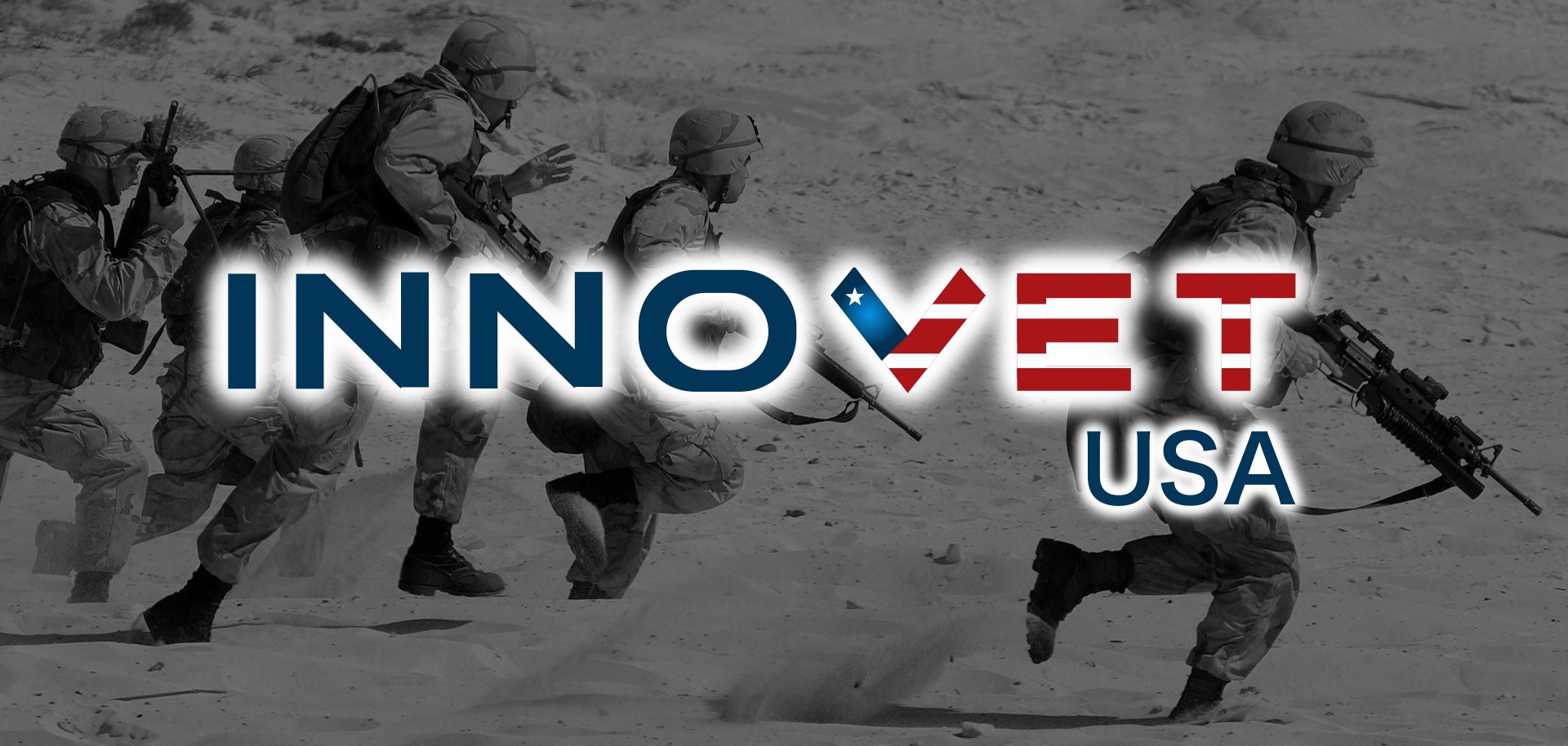Let’s Get it righT
Let’s get it right the first time
“Let’s get it right the first time.” It sounds obvious, but it’s harder to achieve than many people believe, especially in public sector environments. And, it is even more difficult to get projects right the first time when the end-to-end acquisition processes are slow and bureaucratic.
InnoVet USA works with public sector clients in the earliest stages of projects in order to produce the absolute best requirement sets possible. Often times the root cause analysis of project failures reveals that weak requirements were either partly or fully to blame when costs spiral out of control, deadlines are missed or products that were delivered fail to meet end-user requirements. There’s a lot that can be done to address weak requirements, but most public sector organizations continue to rely on old ways of working even when these methods are known to produce poor results.
Concurrent Design
Concurrent Design is key component of Digital Requirements Engineering (DRE) and is a radical departure from the traditional document-centric “waterfall” methods that most public sector organizations use today to specify new capabilities. The diagram below shows the difference in the two approaches. The waterfall approach relies almost exclusively on written documents to pass knowledge from one stage to the next in the requirements generation process. Using Concurrent Design, documents play a reduced role compared to the waterfall approach. Instead, key information about the capability is captured in digital models and shared across all stakeholders in the multidisciplinary project team. In the waterfall process, it is very likely that the end-user and the design team might not ever meet each other. Whereas a fundamental principle Concurrent Design is to bring the end-users and designers together and iterate the requirements and design models until a perfect match between requirements and design is achieved.
Innovet and Digital Requirements Engineering
InnoVet is a pioneer in Digital Requirements Engineering. We start by offering a complete Concurrent Design solution for our customers, including facility design, specialized software to support Digital Requirements Engineering processes, facilitators and system engineers to conduct Concurrent Design sessions, DRE training and certification programs and system integration of Digital Requirements Engineering tools. Our multidisciplinary team possesses significant skills and knowledge in defence acquisition and concurrent design. Contact us today to learn more about how Digital Requirements Engineering can help your public sector organization or private sector company accelerate and de-risk you next project.
Digital requirements engineering (DRE)
Processes we support
Defense needs analysis
Multi-stakeholder requirements arbitration
Requirements trade space analysis
Concurrent Design
Rapid RFP development
Complex project troubleshooting
innovet digital Engineering Services
Facility Design
DRE Software
Professional DRE Facilitation
DRE Training Programs
Requirements System Integration
USE CASES FOR CONCURRENT DESIGN
Complex projects
Projects with unclear requirements
Projects that benefit from acceleration
IT Intensive projects
Projects with high levels of external dependencies
CONCURRENT DESIGN IS USED TODAY FOR
Space mission design
Design of luxury yachts
Design of manufacturing plants
Multinational defense projects


